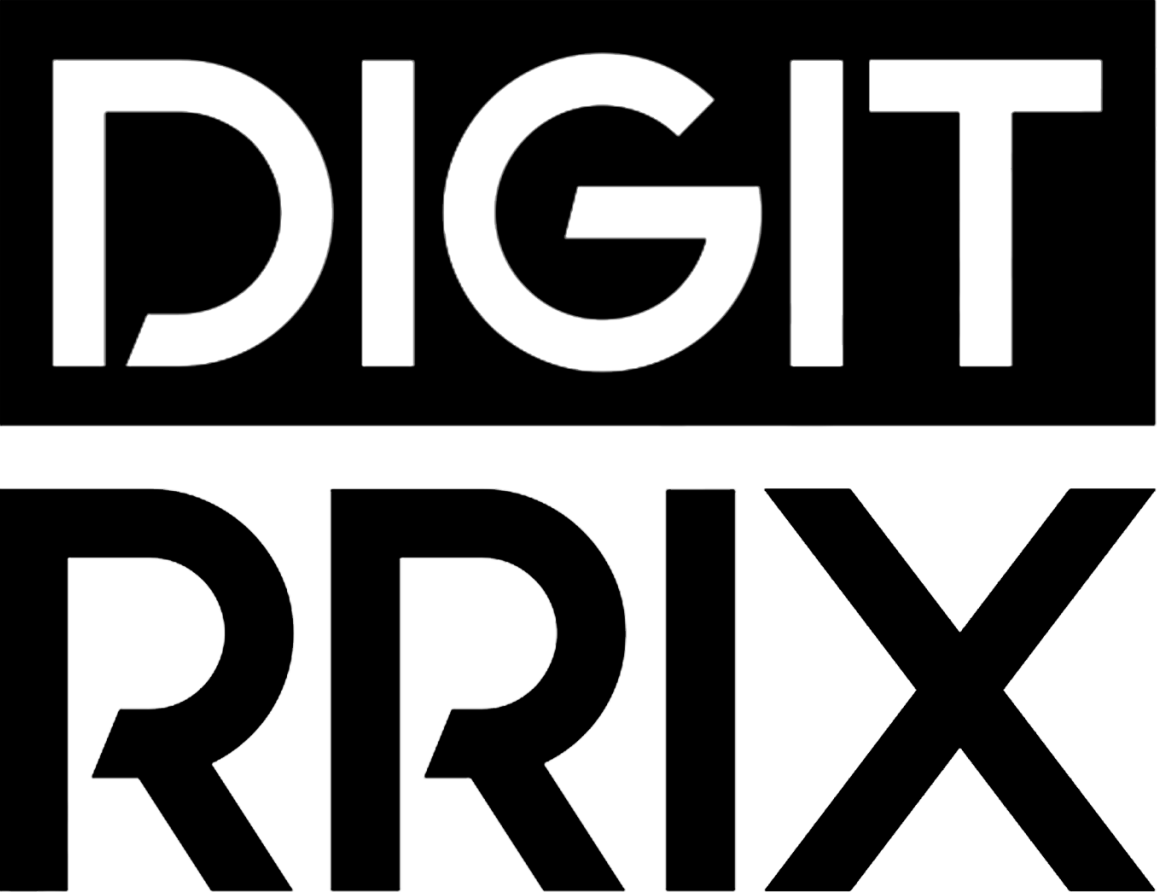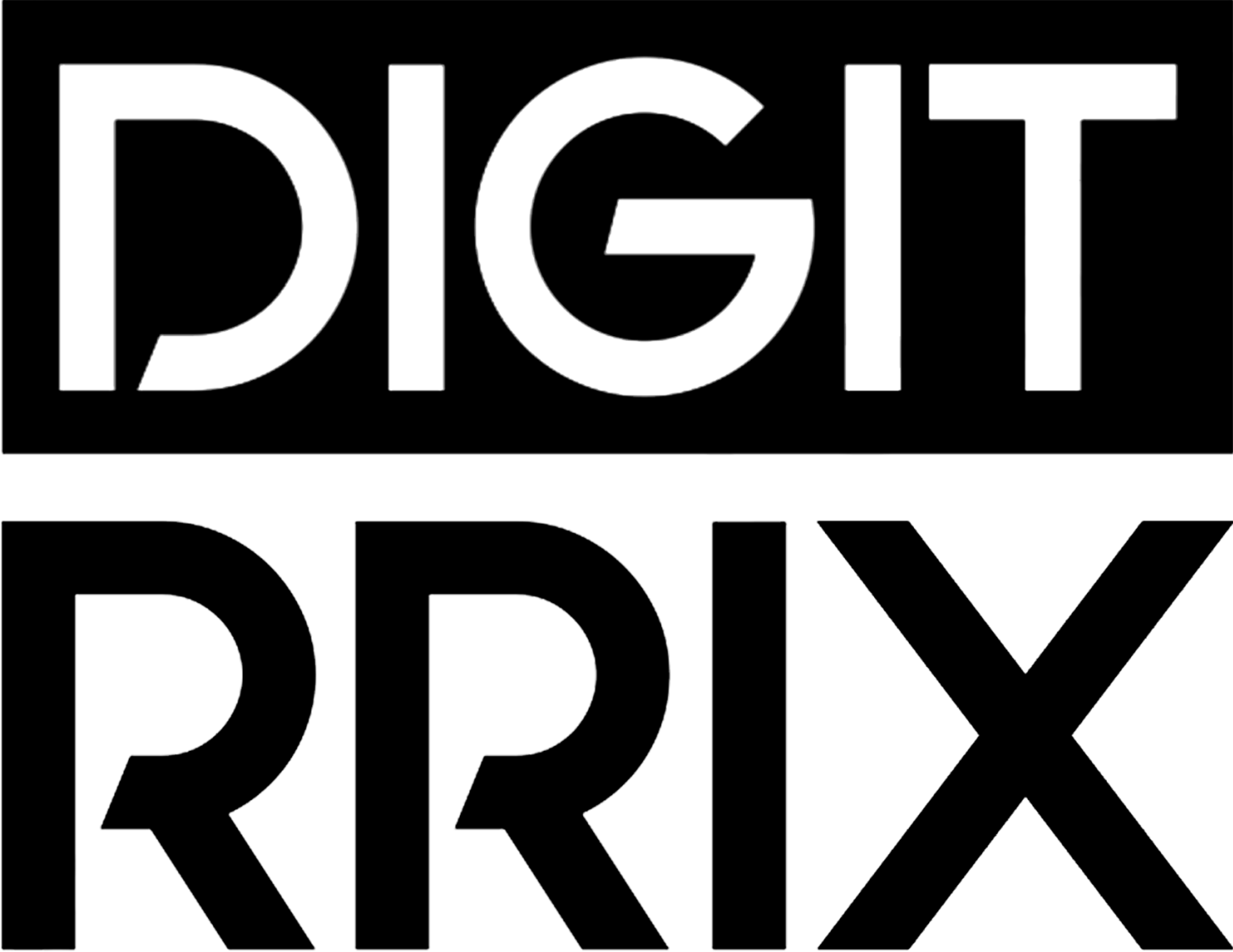
Custom vs. Standard Software Services: Making the Right Choice
In today’s fast-paced digital landscape, businesses face the critical decision of choosing between tailored solutions and off-the-shelf tools. Custom Software Services offer unparalleled benefits, allowing organizations to address unique challenges and align functionalities with specific goals. Meanwhile, standard software options present an accessible choice with quick deployment and established reliability. As you navigate through cost comparisons, scalability, and user experience, understanding the nuances of both approaches becomes essential for making an informed decision. This post will guide you through the fundamental aspects of custom versus standard solutions, empowering you to select the best fit for your business needs.
Understanding Custom Software Services
Custom software refers to tailored solutions specifically designed to meet the unique needs of a business. Unlike off-the-shelf software, which is built for a broad audience, Custom Software Services focus on delivering functionality and features that cater directly to the operational requirements and strategic goals of an organization. Understanding the essence of custom software can significantly empower businesses to leverage technology effectively.
Key Characteristics of Custom Software:
- Tailored Functionality: Each product is specifically designed to fit the business model, ensuring that all necessary functionalities are included while excluding unnecessary features, which can lead to inefficient processes.
- Integration: Custom solutions can be seamlessly integrated with existing systems, enhancing workflow and maintaining data consistency across platforms without the usual disruptions associated with standard offerings.
- Scalability: As businesses evolve, their software needs may change. Custom software can easily adapt to new requirements, allowing for scalability that off-the-shelf solutions often struggle to provide.
- Competitive Advantage: By having a solution tailored to their specific needs, businesses can gain a unique edge over competitors using standard software, which may not effectively address niche market demands.
- User-Centric Design: The development process involves understanding end-user needs and experiences, enabling the creation of intuitive interfaces and functionalities that enhance user satisfaction and engagement.
Why Choose Custom Software?
Investing in custom software not only provides a tailored solution but also fosters greater control over the development process, promoting flexibility and innovation. From increased efficiency in operations to improved customer service capabilities, businesses that invest in bespoke software solutions can better position themselves to meet their goals and respond to market changes effectively.
By thoroughly understanding the benefits and features of custom software, businesses can make informed decisions that lead to improved performance and long-term success.

The Benefits of Custom Software Services
When businesses decide to invest in technology solutions, the choice often boils down to custom software development versus off-the-shelf options. Opting for tailor-made software opens up a myriad of advantages that can significantly enhance operational efficiency and overall effectiveness.
1. Tailored Functionality: One of the most compelling benefits is the ability to design software that aligns perfectly with your specific business processes and objectives. Custom solutions ensure that every feature is relevant, eliminating unnecessary tools and streamlining workflows, which leads to increased productivity.
2. Seamless Integration: Businesses often rely on a variety of tools to manage different aspects of their operations. Custom software can be designed to integrate seamlessly with existing systems, ensuring data coherence across platforms. This integration improves data accuracy and saves time spent on manual data transfer.
3. Enhanced Scalability: As businesses grow, their software needs often change. Custom solutions allow for easy modifications and scalability. Businesses can expand their software capabilities as they evolve without needing to switch platforms entirely, which can save both time and resources in the long run.
4. Competitive Advantage: By customizing software, companies can implement unique features that set them apart from competitors. A tailored approach helps in enhancing customer engagement and improving service delivery, which is crucial in a rapidly changing market landscape.
5. Better Support and Maintenance: Investing in custom software often comes with ongoing support from the development team. This ensures that any issues are addressed swiftly, minimizing downtime and allowing for continuous optimization of the software.
6. Data Security and Ownership: With custom software, you have full control over your data and how it is protected. This is particularly important in meeting compliance requirements and safeguarding sensitive information.
In summary, adopting a tailored approach provides businesses with unique advantages such as increased efficiency, enhanced security, and the ability to adapt swiftly to market changes. Investing in custom solutions is, therefore, a strategic decision that can yield substantial long-term benefits.
Exploring Standard Software Options
When navigating the software landscape, standard software services present a practical choice for many businesses. These pre-packaged solutions come equipped with a set of defined features and functionalities designed to address common industry needs. Unlike Custom Software Services, standard software is readily available, often requiring minimal setup, making it an appealing option for businesses seeking immediate results without a prolonged development period.
One significant advantage of standard software is cost-effectiveness. Since these solutions are mass-produced and designed for a broad audience, the initial investment and ongoing costs tend to be lower than those associated with custom development. Businesses can enjoy robust capabilities without straining their budgets. Moreover, most standard software options include regular updates and support, which can provide peace of mind for organizations that may not have in-house IT resources.
However, while standard software can be quick and affordable, it may also come with limitations. For instance, these solutions often lack the specific features that might cater to unique operational workflows or industry challenges. This can lead to inefficiencies, as businesses may need to adapt their processes or use workarounds to fit the software’s capabilities. Additionally, compatibility issues could arise when standard software does not integrate seamlessly with existing systems, potentially affecting productivity.
Furthermore, considerations such as user experience play a crucial role in choosing standard software. The interface and ease of use can vary significantly across different products, impacting employee training and satisfaction levels. Therefore, it’s essential to conduct thorough research and evaluation of standard software options to ensure they align with your company’s values and operational needs. By understanding the strengths and limitations of standard solutions, businesses can make informed decisions that drive growth and efficiency.
Cost Comparison: Custom vs. Standard Software Services
When deciding between Custom Software Services and standard software solutions, evaluating the cost implications is crucial. Both options present distinct financial considerations that can significantly impact your business budget. Here’s a detailed break down of costs associated with each.
Custom Software Services
Custom software development entails a comprehensive process tailored to meet your specific needs. The cost factors often include:
- Development Costs: Unique features, enhanced functionality, and a bespoke design can lead to higher initial investment.
- Maintenance and Support: While ongoing costs can be more predictable with a custom solution, proactive support can also include higher fees depending on the complexity of the software.
- Deployment and Integration: Costs surrounding deployment can increase if the software needs to integrate with existing systems or hardware.
Investing in Custom Software Services may lead to higher upfront costs; however, businesses often find long-term savings through improved productivity and efficiency tailored directly to their workflows.
Standard Software Services
On the other hand, standard software options offer a lower initial cost. Consider the following:
- Licensing Fees: Standard software typically operates on a subscription model or one-time licensing fee, making the initial investment more affordable.
- Limited Customization Costs: Often, additional features come with their associated fees, but the customization is limited compared to custom solutions.
- User Training and Implementation: Although the implementation might seem straightforward, training employees on a standard solution can incur additional costs if they require extensive guidance.
Hidden Costs
Both options may have hidden costs such as:
- Long-Term Usability: If a standard tool only partially meets your requirements, the costs of workarounds or additional software can accumulate.
- Scalability Needs: As your business grows, you may find yourself facing costs associated with upgrading from a standard solution to a custom one.
In conclusion, while the initial costs of standard solutions may seem attractive, invest time in analyzing your business requirements. This will clarify whether the long-term benefits of Custom Software Services outweigh the short-term savings of standard applications. Ultimately, selecting the right option will hinge on how it aligns with both your immediate and future business objectives.

Scalability and Flexibility in Custom Software Services
In today’s fast-paced business landscape, custom software solutions offer unparalleled scalability and flexibility that off-the-shelf software simply cannot match. These tailored systems are designed and developed with specific business needs in mind, allowing organizations to evolve and grow without being hindered by rigid constraints.
Scalability is crucial as companies often experience rapid changes in demand, necessitating software that adapts seamlessly. Custom software can be designed to grow alongside your business, accommodating more users, processes, and functionalities as you expand. This means that whether you’re anticipating a surge in customer activity or planning to launch new product lines, your software infrastructure will have the capacity to support these developments effortlessly.
Flexibility is another hallmark of tailor-made solutions. When you invest in custom development, you gain the ability to modify and enhance your software as your business evolves. This adaptability allows for quick pivots in strategy or operations without the need to reinvest in entirely new systems. Want to integrate a new feature or comply with new industry regulations? With a customized solution, such changes can often be implemented swiftly and efficiently, ensuring you remain competitive and compliant.
Furthermore, custom software enables the integration of unique processes that suit your operational requirements perfectly. Unlike standard options that may force businesses into a one-size-fits-all approach, custom solutions can embody your specific workflows, leading to improved productivity and user satisfaction.
Ultimately, the scalability and flexibility inherent in tailored software solutions provide a robust foundation for businesses aiming to thrive in an ever-changing environment. By choosing a custom approach, you equip your organization with the tools necessary for continued growth and innovation, positioning it for long-term success.
Evaluating User Experience in Custom Software Services
User experience (UX) is a critical factor in the effectiveness of any software solution. When it comes to custom software, evaluating user experience involves understanding how well the software meets the specific needs and expectations of its users. With tailored features and workflows, custom solutions allow for a UX that is finely tuned to your business operations.
Intuitive Design: One of the primary advantages of custom software is that it allows for an intuitive design that aligns with your users’ requirements. Unlike standard software, which often caters to a broad audience, custom software can focus on the specific workflows and functionalities that your team needs. This facilitates ease of use and minimizes the learning curve, ensuring that your employees can adapt quickly and efficiently.
Personalization: Custom software provides the opportunity to create personalized dashboards, reports, and interfaces that enhance the user experience. By incorporating feedback from actual users during the design process, developers can craft a solution that not only meets but exceeds user expectations. The result is a product that truly serves the needs of the end-user, fostering higher satisfaction and productivity levels.
Continuous Improvement: Furthermore, custom solutions enable ongoing enhancements based on user feedback. As your organization evolves, so too can your software. By aligning updates with the changing needs of your workforce, you ensure that the user experience remains relevant and effective over time. This adaptability significantly impacts user engagement and can lead to increased efficiency in daily operations.
Integration Capabilities: Another aspect to consider is how well custom software integrates with existing tools and systems. A well-integrated solution enhances the user experience by allowing seamless transitions between applications, reducing friction in the workflow. This can be particularly crucial for organizations that rely on various software for different tasks.
By prioritizing the evaluation of user experience in custom solutions, businesses can develop software that not only meets their operational goals but also elevates overall employee satisfaction and productivity. Investing in a user-centric approach will ultimately lead to better performance, making the decision to pursue tailored options a strategic advantage.
Making the Right Choice for Your Business Needs
Selecting between Custom Software Services and standard software options is pivotal in ensuring the smooth operation and growth of your business. Understanding your specific needs, budget, and long-term goals will help you make an informed decision. To guide you through this crucial selection process, consider the following aspects:
- Assess Your Business Requirements: Begin by critically analyzing your business processes. Identify pain points and areas for improvement. If your company needs unique functionalities or seamless integration with existing systems, custom solutions may be necessary.
- Evaluate Budget Constraints: Custom software often requires a higher upfront investment compared to standard software. However, consider the long-term ROI that can arise from tailored solutions that enhance productivity and efficiency.
- Consider Scalability: Your business needs may change over time. Custom software services typically offer better scalability options, allowing you to adapt functionalities as your organization grows. Assess how a software solution can accommodate future demands.
- User Experience: The effectiveness of any software can be assessed by its usability. Custom solutions allow you to tailor the user interface to your team’s needs, thereby improving overall productivity and ensuring ease of use.
- Future-Proofing Your Investment: With technology continuously evolving, consider a solution that can adapt to future trends. Custom software can be updated and maintained according to the latest advancements, whereas standard solutions might lag in terms of features.
- Seek Expert Consultation: If unsure about which route to take, consulting a software development expert can provide deeper insights into potential benefits tailored to your business landscape.
In conclusion, making the right choice hinges on an in-depth assessment of your specific requirements, budget, and goals. Embrace the potential of Custom Software Services to tailor solutions that align with your business ambitions while ensuring that you remain competitive in a rapidly evolving technological landscape.

Frequently Asked Questions
What is the main difference between custom and standard software services?
The primary difference between custom and standard software services lies in their development and adaptability. Custom software is tailored specifically to meet the unique needs of an organization, enabling a precise fit for business processes. On the other hand, standard software, often off-the-shelf solutions, offers a one-size-fits-all approach with limited customization options. While custom software can drive efficiency and growth by addressing specific challenges, standard software typically has a lower upfront cost and quicker deployment, making it ideal for businesses with less specific requirements.
What are the benefits of choosing custom software services?
Choosing custom software services presents numerous benefits, primarily centered around functionality and scalability. Custom solutions allow for extensive personalization to meet the precise needs of your organization, ensuring that all features align with your operations. This can lead to improved efficiency and productivity. Additionally, custom software can scale alongside your business, adapting to changes and growth seamlessly. This flexibility provides a competitive edge, as your software evolves with market demands, unlike standard software solutions that may require complete replacements or costly updates.
Are custom software services cost-effective compared to standard software?
While custom software services often entail a higher initial investment than standard software solutions, they can be more cost-effective in the long term. This is due to their ability to tightly align with your specific operational needs, reducing the likelihood of unnecessary features and expenses associated with off-the-shelf solutions. Over time, the increased efficiency, productivity gains, and adaptability of custom software can lead to significant cost savings, particularly for businesses poised for growth or those operating in niche markets.
How can businesses assess whether to choose custom or standard software?
Businesses can assess the decision between custom and standard software by evaluating their specific needs and strategic goals. Key considerations include the complexity of business processes, budget constraints, and the potential for future growth. If your organization has unique challenges that standardized solutions cannot adequately address, custom software may be the way to go. Conversely, if your needs align well with existing market solutions and you require a rapid implementation, standard software might be the right choice. Conducting a thorough cost-benefit analysis and consulting with software experts can further aid in making the right decision.



